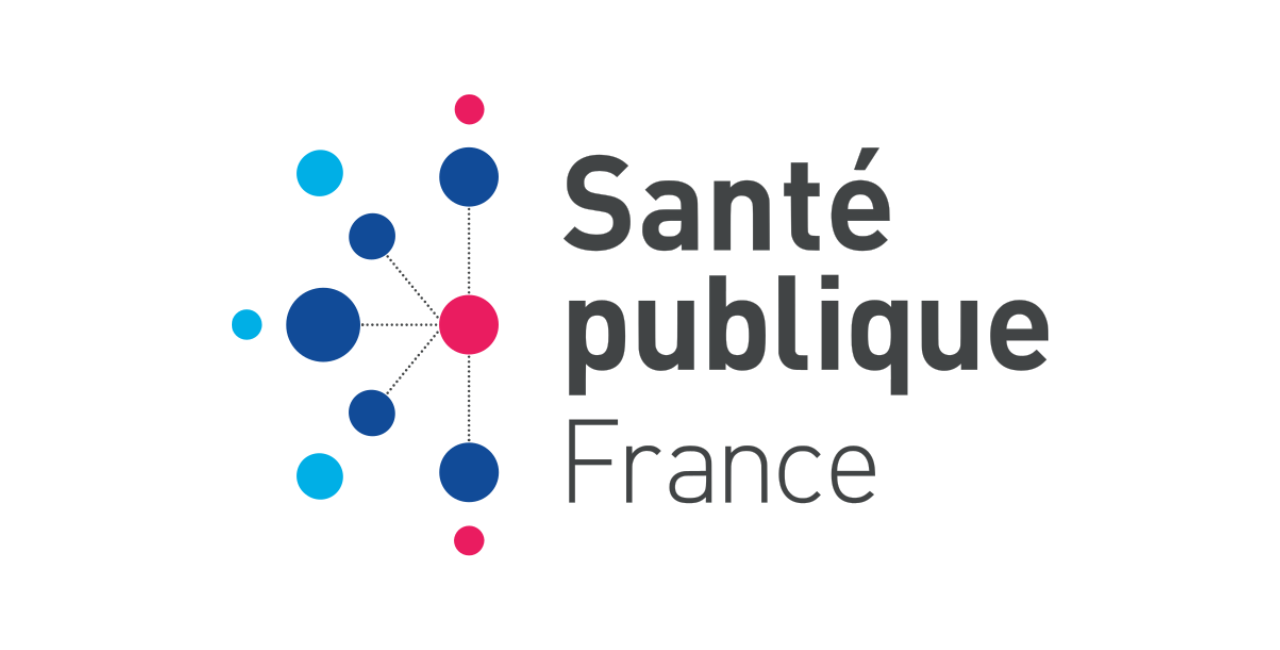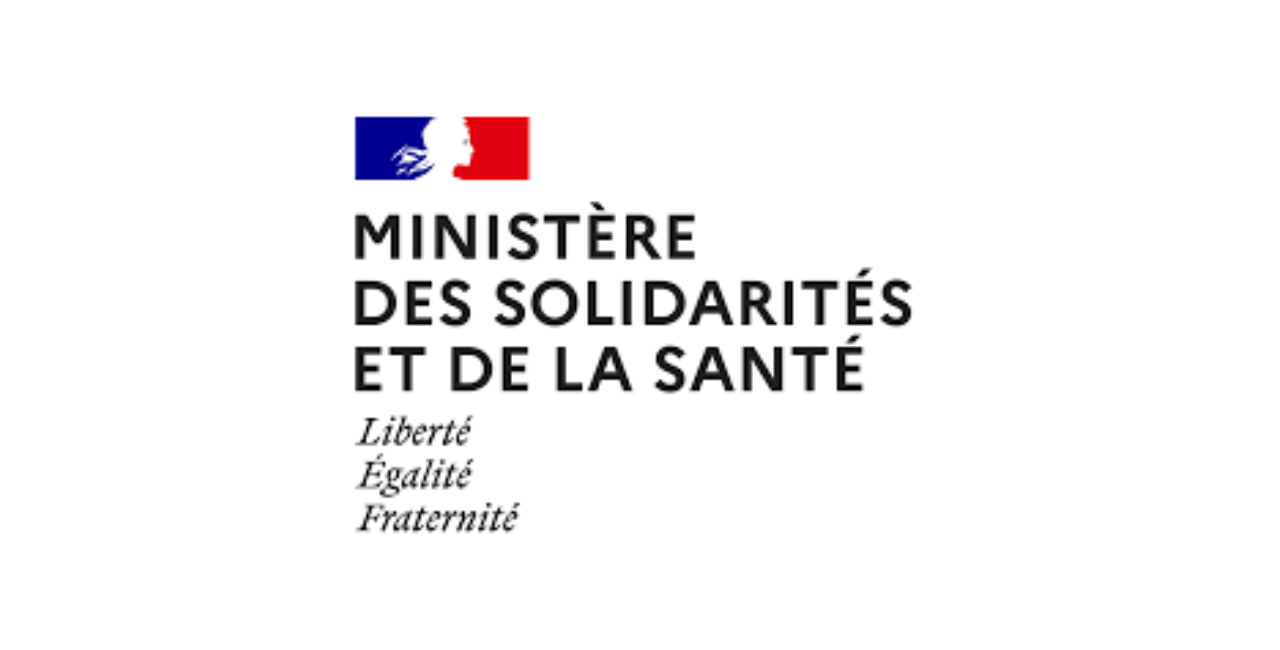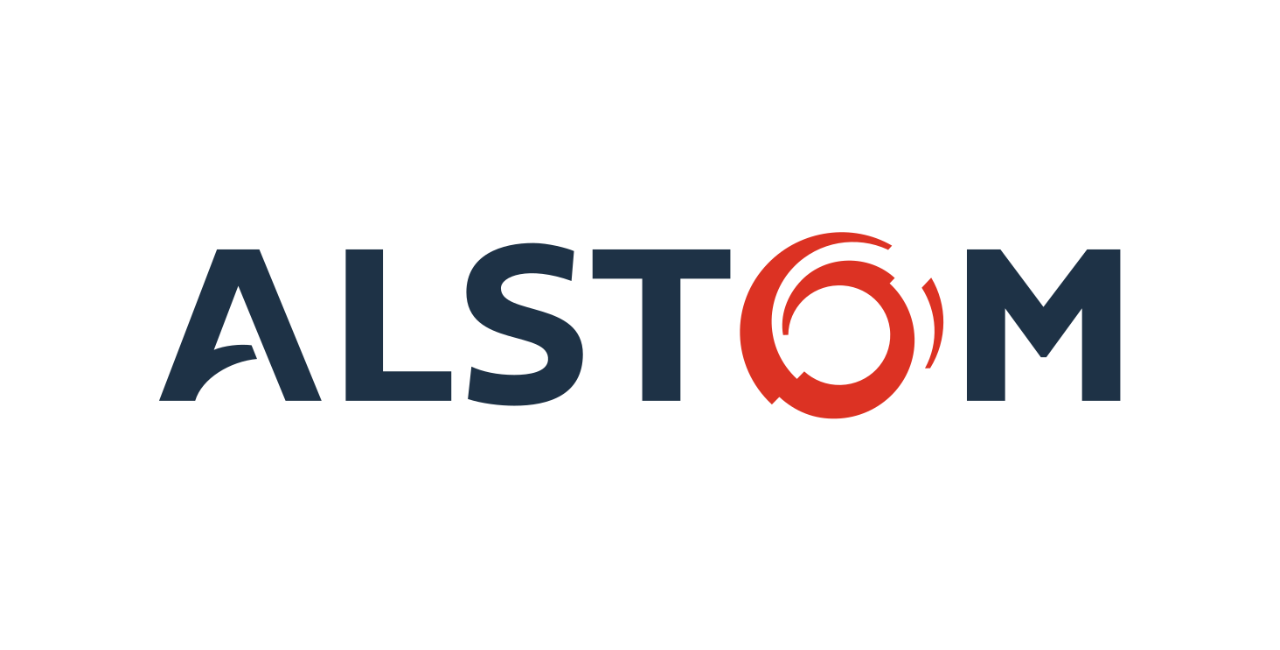Business expertise
Risk management and crisis management
A crisis can take many forms, both in terms of its size (global, regional, national or local) and its scope (health, economic, political or logistical.) We also know that certain tense situations can become real crises if the measures taken are not up to scratch.
So whether the crisis is already here, in the making or just likely, we can put our expertise at your service to help you secure your production operations and supply chain as soon as possible.
What’s more, whatever the situation you’re facing, we take care to secure the future: working with you to ensure that you’ll be more resilient in the face of an ever-changing and increasingly uncertain world.
Your challenges
Recent years have reminded us just how multifaceted, sudden and systemic crises can be. In an increasingly uncertain world, companies want to ensure their security and be able to respond to hazards of all kinds to better manage crises, avoid future ones and improve their resilience.
Managing an actual or imminent crisis
- Knowing how to both manage the crisis and keep decision-makers informed in real time
- In parallel with operational management, anticipate future problems or impacts beyond the current scope
- Organize and prioritise actions, including deciding which issues cannot be dealt with during the crisis
Temporarily reinforce your teams
- Support an undersized team or the absence of a manager and avoid a potential local crisis
- Adjust the size of a team to respond to a complex situation
- Identify the right profiles to help in a complex situation.
Assessing risks and anticipating a potential crisis
- Conduct an end-to-end risk analysis of the value chain (internal teams, suppliers, service providers, customers, etc.)
- Identify the points at risk and qualify them (frequency, probability & impact)
- Examine risk reduction scenarios and make choices (security costs)
- Implement the risk reduction plan
- Implement the verification plan
Securing the future
- Reduce the vulnerability of your operations to current and future changes
- Make your business model more robust, resilient and agile so that your organization and teams are better equiped
- Change the company's culture and strategy to improve resilience and inform choices (e.g. close and agile supplier VS distant supplier and lower price, etc.)
Our convictions
Bringing strategy and operations closer together
- Whether in a crisis or in anticipation of one, we believe it is vital to bring strategic decisions closer into line with actual situations on the ground.
- In a crisis, you need to be able to quickly make choices that are effective and relevant from an operational point of view.
- Operational staff also need to understand the strategy and the choices made very quickly, and to focus on the right things at the right time.
- To reduce risk and anticipate future developments, we also need to ensure that our strategies are consistent with the realities on the ground, and that we make the right choices.
Taking a cross-functional view
- Controlling risks and anticipating potential problems requires a 360° approach.
- This analysis needs to be carried out from one end of the value chain to the other, with expertise at each level and consistency across the board.
- In the event of a crisis, it is vital to ensure that we do not just treat the symptoms: we must ensure that we treat the root causes as soon as possible, or that the means to get o
Identifying, containing and reducing risks
- A good diagnosis must assess the risk (frequency, probability and impact) and rapidly propose solutions to limit or contain a problem.
- The analysis must be meticulous, but also highly pragmatic, to provide concrete solutions that can be implemented
- In crisis mode, speed will be more important than the quality and beauty of the rendering; for all that, communication is essential and must be well done
Quantifying the associated costs and having them validated
- Assessing the impact and costs associated with a crisis situation is essential for defining the resources you wish to put in place in advance or through a business continuity plan.
- In addition, certain levers can be put in place to deal with various risks simultaneously (e.g. protective stock in the event of supplier or transport contingencies or increased demand).
- Finally, implementing a business continuity plan or a more agile approach generates costs: these should not be hidden, and education should be provided to explain them (and the reasons for implementing them should be documented).
Mobilizing the right expertise
- It is vital to set up a crisis management team with a high level of decision-making autonomy and rapid access to decision-makers for important decisions.
- You need to rely on the pillars of your teams and add additional expertise or reinforcements to increase your capacity during a crisis.
- Involving the various teams in anticipation is also the assurance that, if a crisis occurs, these teams will reactivate the mechanisms worked on together, adapting them to the reality of the crisis.
Our solutions
and expertise
Diagnosis, risk identification and recommendations
- Identification of major risk exposure points (frequency, probability & impact)
- Identification of risk reduction scenarios and cost evaluation; assistance with informed decision-making
- Implementation of a validated risk reduction plan
- Implementation of a regular audit plan
- Securing the autonomy of teams to regularly assess consistency and adjust the risk management plan.
Structuring processes and know-how
- Formalization of processes, including degraded processes
- Identification of processes that contribute to risk reduction
- Team training
- Post-training assessments
Preparation of a Business Continuity Plan (BCP)
- Implementation of a Business Continuity Plan (BCP) at several levels depending on the level of crisis
- Training and even exercises for teams
- Revision, particularly in the event of a future crisis
Operational or project reinforcement – Talentwell
- Potential profiles to reduce the workload on your teams and therefore reduce risks: Interim Manager, Project Manager, Operational back-up for a team
Setting up a Crisis Task Force
- Flash diagnosis and organizational proposal
- Crisis unit set up (within 24 to 48 hours).
- Joint implementation of crisis management processes
- Setting up reporting and communication rituals
Your gains

Controlling the financial impact of the crisis
- Sales preserved or attrition limited
- E.g.: Business continuity plan, the target of which was to maintain 80% of sales; in the end, we were able to maintain 90% of sales
- Costs of urgent flows more limited during the crisis

Controlling the impact of the crisis on customer service
- Reduction in the number, frequency and impact of unforeseen events affecting customers (out-of-stock situations, deliveries, etc.)
- Improved ability to address customer needs, even in times of crisis
- Good prioritization to serve the maximum number of customers

Improving agility and sustainability
- Resolution of major incidents in emergency situations
- Guaranteed business continuity
- Increased resilience of the supply chain and operations to unforeseen events
- Assessment of maturity in the various facets of Operations, targets and shared trajectories

A Project ? Contact us
Partner
Jean-Pascal joined Citwell in 2007, after 3 years’ experience in operational logistics at DECATHLON. At Citwell, he has supported a number of transformation projects and has been involved in various areas of the supply chain, both in the upstream phases (master plans, scoping, etc.) and in the implementation phases.
He is now a partner, in charge of major supply chain programmes and responsible for our team reinforcement activity (Talentwell). In particular, Jean-Pascal has managed most of the Citwell teams mobilised in response to crises at our customers’ sites.
Among our references

Building multi-site business continuity plans

Support for the distribution of vaccines during the COVID crisis

Support for the distribution of masks during the COVID crisis

Task Force to support operational teams in implementing Demand & Supply processes

Securing the long-term future of the supplier supply chain

Support in setting up the crisis logistics management unit and overseeing and coordinating BCP operations.